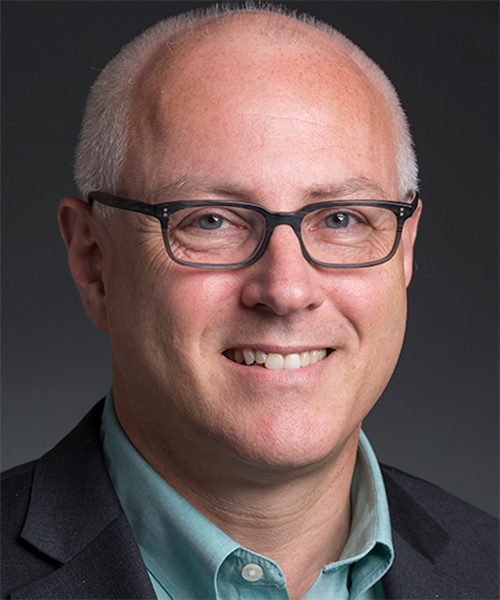Stephen Welby

Stephen Welby is the Deputy Director for Research at the Georgia Tech Research Institute (GTRI), leading the Sensors and Intelligent Systems Directorate. Stephen manages operations across three research areas: the Advanced Concepts Laboratory, the Aerospace, Transportation and Advanced Systems Laboratory, and the Sensors and Electromagnetic Applications Laboratory.
Prior to joining GTRI, Stephen served at the White House as the Special Assistant to the President for National Security Science and Technology and as Deputy Director in the White House Office of Science and Technology Policy (OSTP).
He retired as executive director and chief operating officer of the Institute of Electrical and Electronics Engineers (IEEE) at the end of 2022. In this role he led the world’s largest not-for-profit technical professional organization, with operations in 160 countries, and oversaw its highly cited technical publications, conferences, technology standards, and professional and educational activities. Prior to joining IEEE, in 2015 Welby was nominated by President Obama and confirmed by the US Senate as the assistant secretary of defense for research and engineering. In this role, he served as the chief technology officer for the US Department of Defense and oversaw a $12.5 billion annual research investment portfolio. In 2009, Welby had been appointed by the President to serve as deputy assistant secretary of defense for systems engineering, leading the world’s largest engineering workforce and overseeing design reviews for all major US defense investments in air, land, sea, and space systems.
Welby has more than three decades of government and industrial experience in technology and product development leadership, including senior leadership positions at the Defense Advanced Research Projects Agency (DARPA). His technical experience includes development of leading edge aeronautical and space systems, robotics, machine learning systems, high-performance software, and novel sensor systems. He holds a bachelor of science degree in chemical engineering from The Cooper Union for the Advancement of Science and Art, a master’s degree in business administration from the Texas A&M University, a master’s degree in computer science from The Johns Hopkins University and a master’s degree in applied mathematics from The Johns Hopkins University.
He is the 2021 recipient of the CUAA Gano Dunn Award for professional achievement in engineering, a member of the Cooper Union Alumni Hall of Fame, a recipient of the US Secretary of Defense Medal for Distinguished Public Service, and is a fellow of the IEEE.
Role: Alumni Trustee
Elected to the Board: June 2023
Class Term: 2027
Term Limit: 2027




